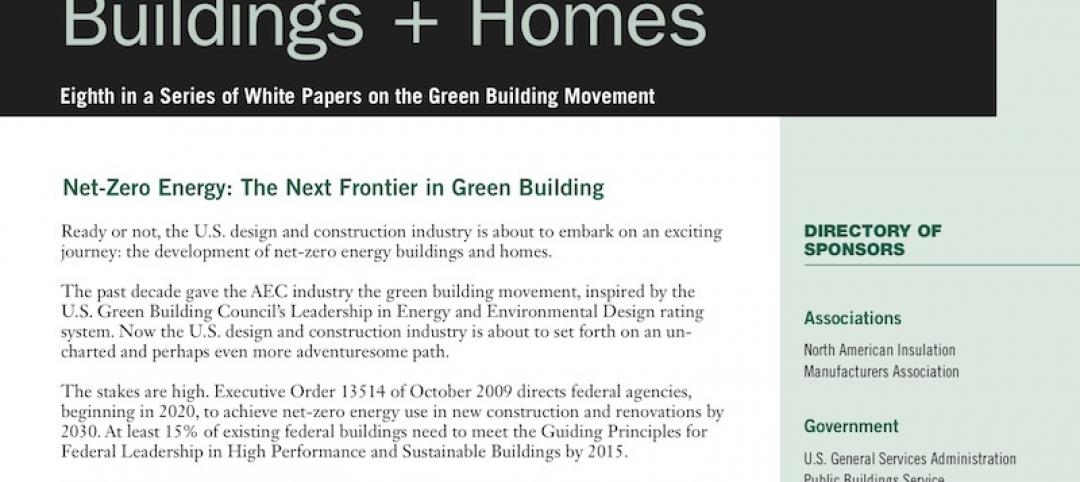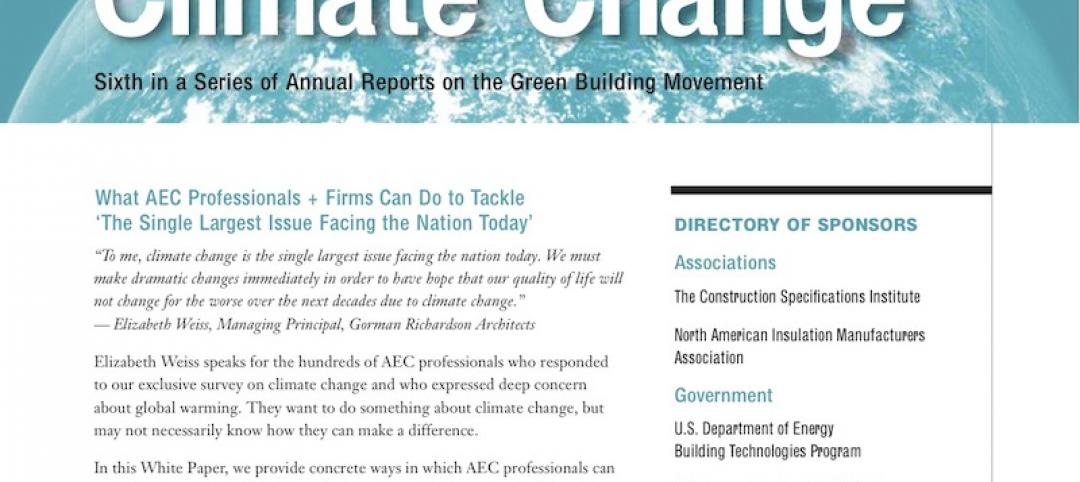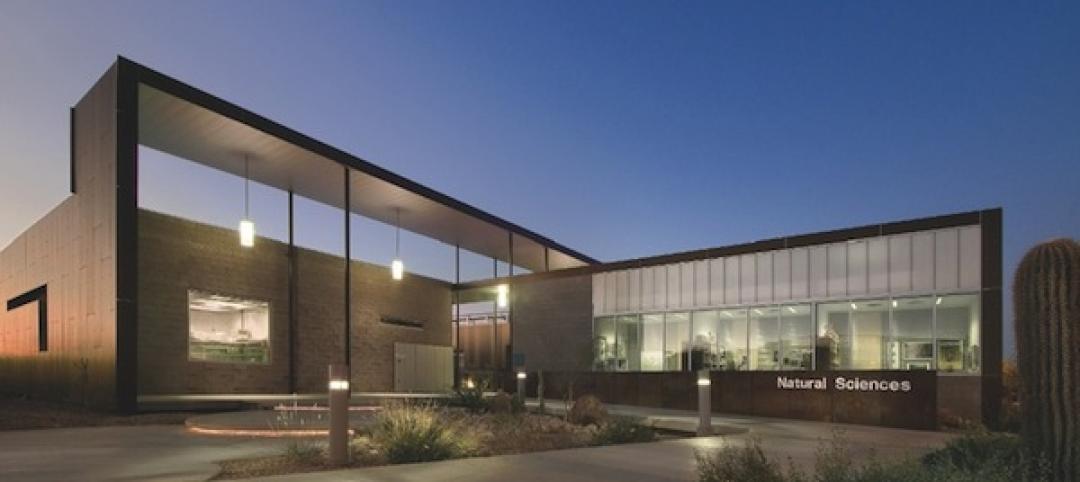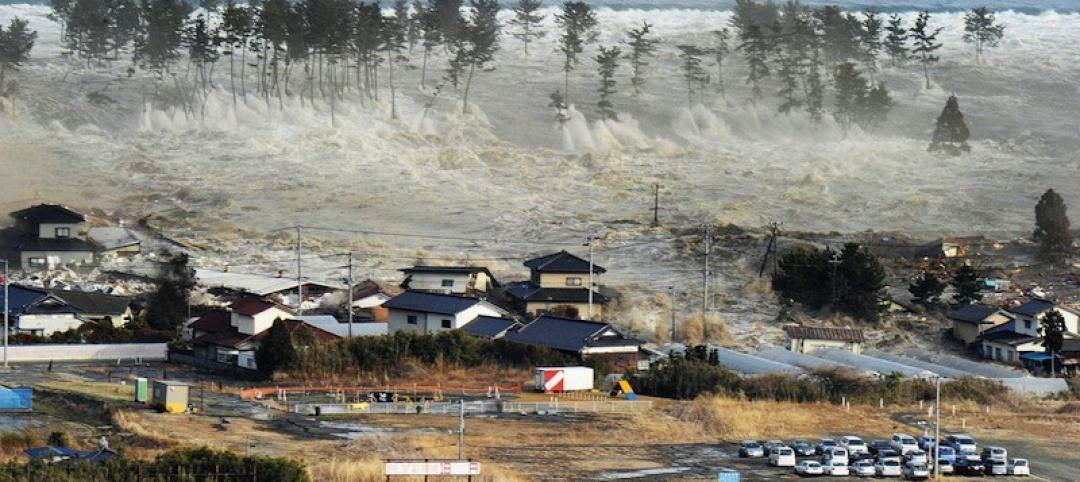PASADENA, Calif., Feb 15, 2010 /PRNewswire via COMTEX/ -- Jacobs Engineering Group Inc. (NYSE: JEC) announced today that it has acquired Jordan, Jones and Goulding Inc. (JJG), a 500-person professional services firm based in Atlanta. JJG significantly expands Jacobs position in the North American water and wastewater market, and broadens the Company's strong position in the global aviation, transit, and transportation infrastructure markets.
Jacobs did not disclose the terms of the transaction.
Founded in 1958, JJG is based in Atlanta, Ga., and has 17 offices across the southern U.S. The highly respected company provides engineering, planning and consulting services for water, wastewater, environmental and other clients. The addition of JJG to Jacobs gives both companies the ability to provide comprehensive water solutions for clients, from assessments, planning, and design of new systems to the expansion and upgrade of existing systems.
In making the announcement, JJG President and Chief Executive Officer Don Allen stated, "We expect our employees and clients to benefit greatly from us joining Jacobs. Combining our capabilities with a company that shares our values allows our employees to continue to grow, and it provides a larger platform to better serve our clients."
Jacobs President and Chief Executive Officer Craig Martin said, "JJG has a very talented team. Their expertise in water infrastructure is not only a great complement to Jacobs strengths, but it also positions us for growth." Martin went on to say, "Like many other challenges resulting from the aging infrastructure worldwide, water and wastewater is a critical concern. This acquisition boosts our global capabilities to support public and private clients with the water solutions they urgently need."
Jacobs is one of the world's largest and most diverse providers of technical, professional, and construction services.
Any statements made in this release that are not based on historical fact are forward-looking statements. Although such statements are based on management's current estimates and expectations, and currently available competitive, financial, and economic data, forward-looking statements are inherently uncertain. We, therefore, caution the reader that there are a variety of factors that could cause business conditions and results to differ materially from what is contained in our forward-looking statements. For a description of some of the factors which may occur that could cause actual results to differ from our forward-looking statements please refer to our 2009 Form 10-K, and in particular, the discussions contained under Items 1 - Business, 1A - Risk Factors, 3 - Legal Proceedings, and 7 - Management's Discussion and Analysis of Financial Condition and Results of Operations. We also caution the readers of this release that we do not undertake to update any forward-looking statements made herein.
Related Stories
| Feb 21, 2013
BD+C's 2011 White Paper: Zero and Net-Zero Energy Buildings + Homes
We submit our eighth White Paper on Sustainability in the hope that it will inspire architects, engineers, contractors, building owners, developers, building product manufacturers, environmentalists, policymakers, government officials, corporate executives, officeholders, and the public to foster the development of net-zero energy buildings and homes.
| Feb 21, 2013
BD+C's 2008 White Paper: Green Buildings + Climate Change
In this White Paper, we provide concrete ways in which AEC professionals can have a positive role in addressing climate change.
| Feb 20, 2013
Group of West Coast civil engineers developing building standards for tsunamis
A group of civil engineers from around the western U.S. is developing additions to the building code to address the threat of a tsunami.
Smart Buildings | Feb 14, 2013
Minneapolis joins energy benchmarking trend for commercial buildings
Minneapolis is the latest major metro to require large commercial buildings to benchmark and disclose their energy and water use.
| Feb 8, 2013
5 factors to consider when designing a shade system
Designing a shade system is more complex than picking out basic white venetian blinds. Here are five elements to consider when designing an interior shade system.
| Feb 8, 2013
Modest growth predicted for engineering, construction mergers
Small and mid-market deals and construction materials drive activity; U.S. is the most active individual nation.















